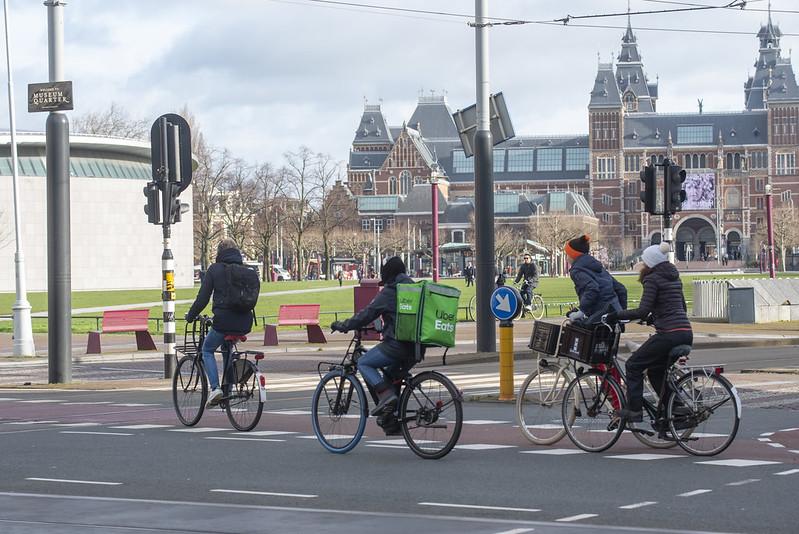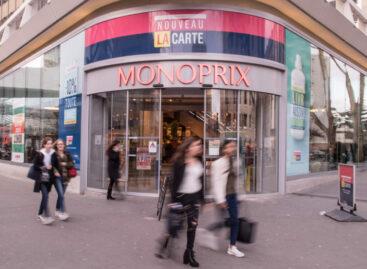Amsterdam Restricts Rapid Delivery Warehouses To Industrial Areas
Quick commerce companies in Amsterdam can only set up warehouses in industrial estates, and, in exceptional cases, in mixed residential and work areas, following the approval of the city council’s new zoning plan.

This means dark stores operating in the city are likely to move out or close down in due course.
The director of Getir and Gorillas, Florian Brunsting believes that the future of flash delivery in Amsterdam is at stake, according to a report in the publication, Het Parool.
He added that the business model would be under pressure as delivering from the outskirts of the city means fulfilling fewer orders per hour due to increased distance from customers.
In January of last year, the city of Amsterdam announced a one-year freeze on the opening of new dark stores in residential areas or nearby shopping streets used by fast grocery services such as Gorillas, Getir, and Flink.
New Zoning Plan
“Amsterdam residents get a nicer living environment in this way,” a report in the NL Times quoted Reinier van Dantzig, councillor of housing and urban development for the city of Amsterdam.
He believes that the new policy ensures that rapid deliveries no longer cause a nuisance in residential areas.
Elsewhere, a Getir spokesperson emphasised the need for rapid delivery services in Amsterdam and added that the zoning plan discriminates and treats the sector differently from comparable services that are also involved in deliveries, according to the report.
Related news
Uber targets $1 billion boost with 2026 European expansion
🎧 Hallgasd a cikket: Lejátszás Szünet Folytatás Leállítás Nyelv: Auto…
Read more >Billa Czechia Focuses On Quick Commerce
🎧 Hallgasd a cikket: Lejátszás Szünet Folytatás Leállítás Nyelv: Auto…
Read more >Monoprix And Amazon Expand Delivery Partnership In France
🎧 Hallgasd a cikket: Lejátszás Szünet Folytatás Leállítás Nyelv: Auto…
Read more >Related news
(HU) Átadták a SIRHA Budapest 2026 Innovációs Termékverseny díjait
🎧 Hallgasd a cikket: Lejátszás Szünet Folytatás Leállítás Nyelv: Auto…
Read more >How does the forint exchange rate affect consumer prices?
🎧 Hallgasd a cikket: Lejátszás Szünet Folytatás Leállítás Nyelv: Auto…
Read more >HELL CITY has arrived, led by Michele Morrone
🎧 Hallgasd a cikket: Lejátszás Szünet Folytatás Leállítás Nyelv: Auto…
Read more >








